Preparing Hiking Essentials: 7 Tips for Novice Backpackers to Lighten Their Load
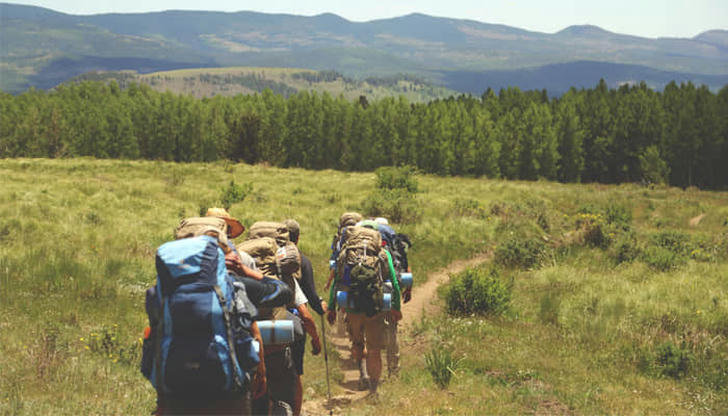
For many novice hikers, they may believe that carrying more items along the trail will help them handle emergencies more confidently. But have you considered whether your back can withstand these heavy items? If you want your hiking journey to be smooth yet well-equipped, it's important to meet your needs without carrying too much. Smart subtraction is key.
Reducing the weight of your pack enables swifter movement in the wilderness and helps prevent exhaustion during long treks. However, deciding what to exclude can be challenging. If you often find your pack heavier than desired, here are some suggestions to trim the excess weight.
1.Share the Load with Your Partner
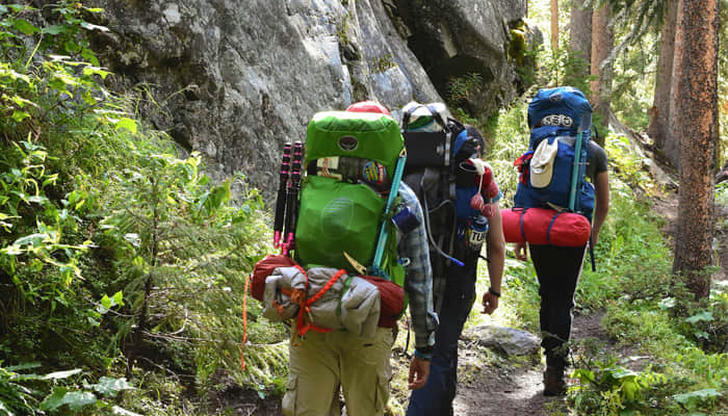
Traveling with companions? Make sure to evenly distribute shared gear and supplies among everyone in your group. This includes food, water, tent components, cooking gear, stoves, and more. By spreading out the load, each person carries a manageable weight, avoiding the burden of one or two individuals carrying excessive items. Collaboration is key, benefiting everyone involved.
2.Streamline Your Clothing Selection
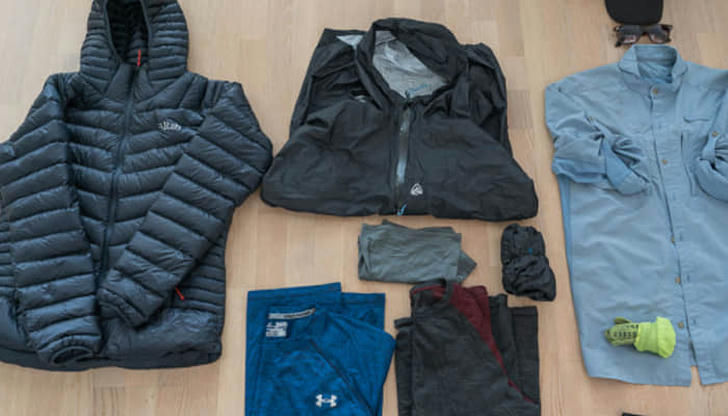
A common error among novice backpackers and adventure seekers is overpacking clothing. Remember, you don't need a fresh outfit for each day on the trail, and most garments can be worn multiple times. (It's the wilderness, not a fashion show—nobody minds if you wear clothes more than once.) Opt for a quality layering system comprising a few base layers, a mid-layer, and an outer shell. This setup offers excellent performance and versatility with minimal items, significantly reducing the amount of clothing you'll need to carry. Dispense with the notion of fresh socks and underwear for each day; pack only essentials and ditch extras, spare shoes, bulky jackets, and anything crafted from cotton.
3.Pack Only the Essentials
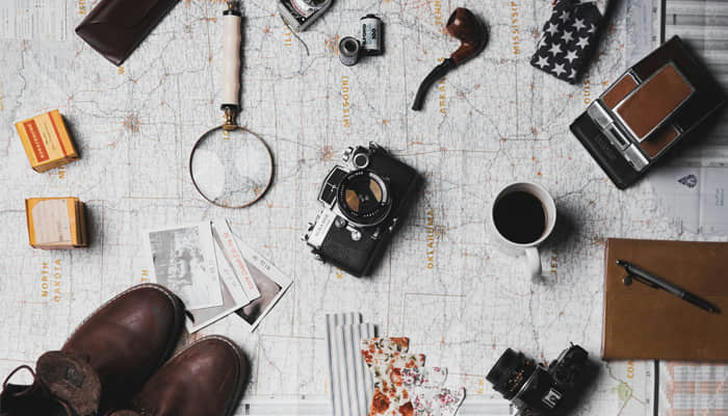
While it may seem obvious, it's essential to evaluate each item's necessity when packing for your backcountry adventure. If it doesn't contribute significantly to your comfort or survival, consider leaving it behind. Of course, a few luxuries can enhance your experience, but opt for compact items that won't weigh you down. For example, choose a lightweight headlamp over bulky flashlights or lanterns. Instead of bringing a paperback, opt for a tablet or e-reader. And skip the Bluetooth speaker in favor of portable earbuds.
4.Utilize Trekking Poles for Shelter
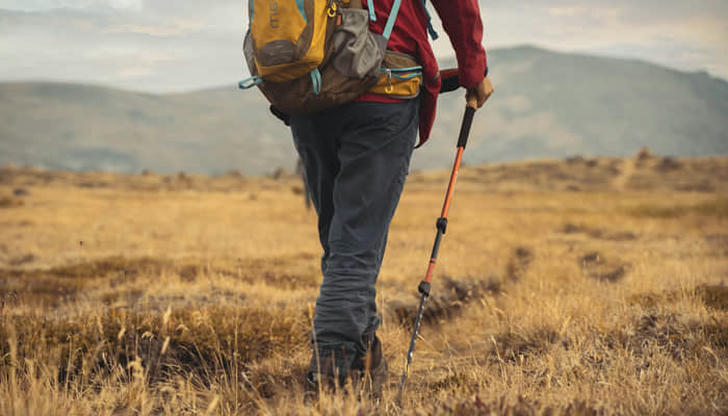
Many modern tents and bivvies now offer the option to use your trekking poles instead of traditional tent poles. This innovative design not only saves weight in your pack but also maximizes the use of gear you're already carrying. By repurposing your trekking poles for shelter construction, you eliminate the need to carry additional tent poles. Opting for gear that serves multiple purposes is an efficient way to lighten your load while on the trail.
5.Repackage Food and Other Consumables

Simplify your packing by transferring food and snacks from their original bulky packaging into compact ziplock bags. This not only saves space but also keeps your items neatly organized. Similarly, consider transferring sunscreen, insect repellent, and hand sanitizer into lightweight, reusable plastic bottles instead of carrying their original containers. For shorter trips, you'll only need a small amount of each, so downsizing to smaller containers helps minimize both space and weight in your pack.
6.Invest in Lighter Gear
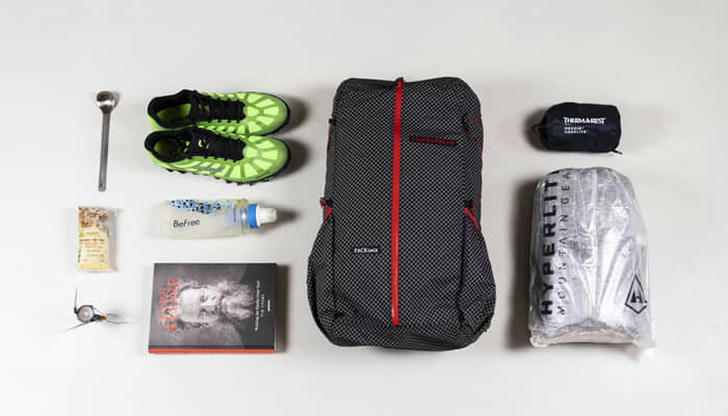
In recent years, the outdoor gear industry has made significant strides in reducing weight. That backpack, tent, and sleeping bag you purchased a few years back, once considered "lightweight," may now seem heavy compared to newer options. From boots to stoves to water bottles, gear across the board has become lighter. While it may be costly to replace all your equipment at once, gradually investing in lighter gear over time will pay off by shedding pounds and ounces from your pack.
7.Learn from Experience
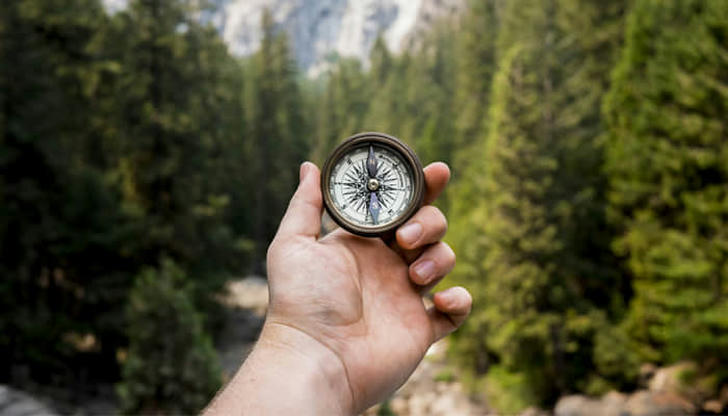
When you're new to backpacking and camping, it's common to overpack due to uncertainty about what you'll need on the trail. However, as you gain experience, you'll become more adept at discerning what's necessary and what's not. With time, you'll find yourself leaving behind unnecessary items and naturally lightening your pack. Trust your instincts and embrace the knowledge that comes with experience—you'll realize that some things you once deemed essential are actually optional.
